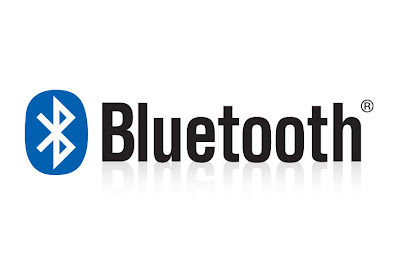Technological advances, particularly those revolving around the use of mobile phones for advertising purposes, have opened up many new platforms for reaching consumers. There is a lot of buzz about Bluetooth marketing, but does it actually pay off by reaching the intended audience and generating a positive consumer response?
While Bluetooth marketing certainly shows potential, it may be too soon to tell if it will be an advertising route that actually shows significant profitable return. There are several reasons for this, but one of the most significant is that there are still many people who have not made the switch from basic handsets to smartphones and tablets, and thus, don't have this capability.
Another reason is that many people who do have this feature don't keep it turned on at all times. It is a drain on battery life, there are still a lot of smartphone users who have it but don't understand how it works, and a fair amount of people don't like the idea of marketers (or anyone else) being able to pinpoint their location without their express consent.
You may be wondering at this point why on earth anyone would pursue advertising through Bluetooth given all of the potential reasons it may not work. While it is true that there are certainly some negatives to consider, as the use of this technology becomes more comfortable and accepted as a part of everyday life for consumers, they will grow more open to Bluetooth marketing. This is particularly true for the generations coming of age in a world where cell phones and the location-based marketing have been a part of their everyday lives for as long as they can remember.
One of the major pros of Bluetooth marketing, also known as close range marketing, is that local businesses, especially those in areas that are heavily visited by tourists, can reach a good number of potential customers, all of whom will be just a short drive away from the destination you are hoping they will visit. This has the potential to lead to huge increases in traffic flow through a brick and mortar business.
One way that some companies are successfully leveraging their marketing to reach consumers is to use more traditional forms of advertisement to get them to enable their Bluetooth devices. TV commercials and billboards instructing people to enable this feature to receive valuable information about the area they are currently in are proving successful.
While the verdict is out, it may be best to utilize Bluetooth marketing only if you have a rather significant marketing budget and can afford to experiment with an unproven method. However, it is certainly an area to watch as the technology expands. Within a short period of time, Bluetooth marketing has the potential to follow in the footsteps of other forms of location based marketing, becoming the next wave of effective close range marketing.











0 comments:
Post a Comment